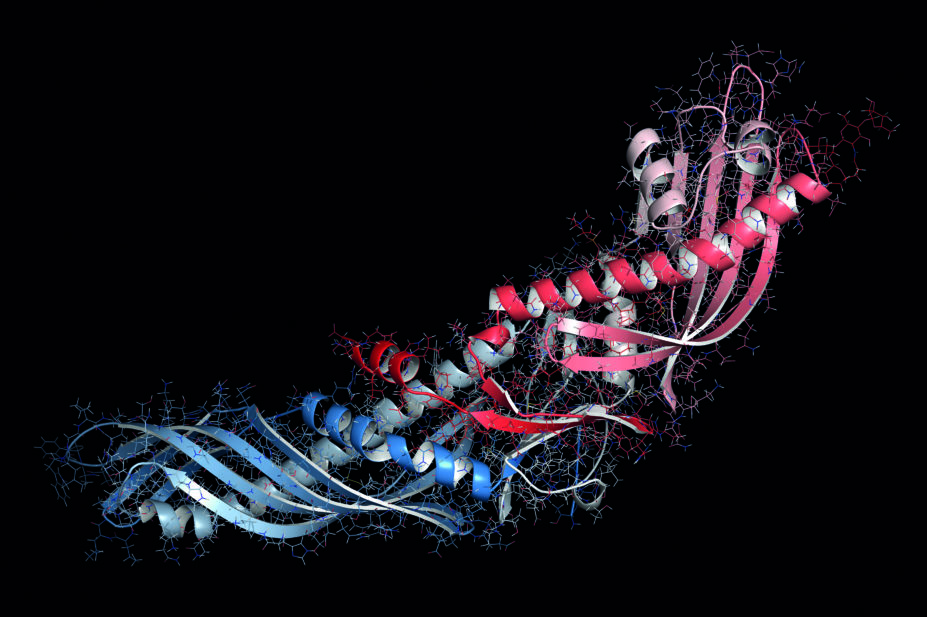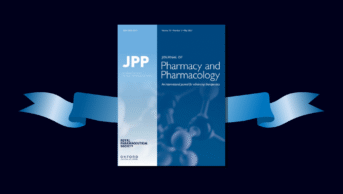
Shutterstock.com
In phase II trials, the cholesterol ester transfer protein inhibitor, evacetrapib, increased high-density lipoprotein (HDL) cholesterol levels by up to 130% and reduced low-density lipoprotein (LDL) cholesterol by up to 35%, but it was unknown if this translated to an effect on cardiovascular outcomes.
In a phase III trial, 12,092 patients with high-risk cardiovascular disease were randomly assigned to 130mg dose of evacetrapib or placebo for two years.
The trial was stopped after a median follow-up of 28 months owing to futility. At this point, the primary endpoint (death from cardiovascular causes, myocardial infarction, stroke, coronary revascularisation, or hospitalisation for unstable angina) had occurred in 12.9% of the evacetrapib group and 12.8% of the placebo group (hazard ratio 1.01; 95% confidence interval 0.91–1.11; P=0.91).
Reporting in The New England Journal of Medicine
[1]
(online, 18 May 2017), the researchers say the results reinforce the need for adequately powered clinical trials of new agents, even when results have been seen with surrogate endpoints.
References
[1] Lincoff AM, Nicholls S, Riesmeyer J et al. Evacetrapib and cardiovascular outcomes in high-risk vascular disease. N Engl J Med 2017;376:1933–1942. doi: 10.1056/NEJMoa1609581


